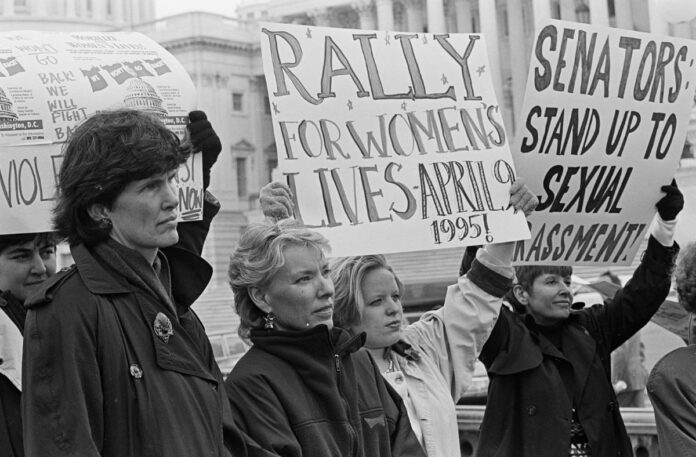The history of women’s rights movements around the world is a long and complex one, marked by numerous key milestones that have shaped the progress of gender equality. While it is impossible to cover every significant event and achievement, here are some of the most important milestones in women’s rights movements across the globe:
1. Seneca Falls Convention (1848)
The Seneca Falls Convention in the United States is often considered the birthplace of the women’s rights movement. Organized by women’s rights activists like Elizabeth Cady Stanton and Lucretia Mott, the convention produced the Declaration of Sentiments, which called for women’s suffrage and laid the foundation for the feminist movement in the U.S.
2. Suffrage Movements
Women’s suffrage movements gained momentum in various countries during the late 19th and early 20th centuries. Notable achievements include New Zealand becoming the first self-governing nation to grant women the right to vote in 1893 and the suffrage victories in the United Kingdom (1918), the United States (1920), and many other nations.
3. Women’s International League for Peace and Freedom (WILPF, 1915)
Founded during World War I, WILPF was one of the first international women’s organizations advocating for peace, disarmament, and women’s rights. It continues to work for peace and women’s rights today.
4. United Nations and the Universal Declaration of Human Rights (1945)
The United Nations was established after World War II, and the Universal Declaration of Human Rights, adopted in 1948, affirmed the principle of gender equality. This document has since been instrumental in advancing women’s rights worldwide.
5. Second-wave Feminism (1960s-1970s)
The second-wave feminist movement, primarily in the Western world, focused on issues like reproductive rights, workplace equality, and sexual liberation. Key events during this period include the publication of “The Feminine Mystique” by Betty Friedan and the founding of the National Organization for Women (NOW) in the United States.
6. Roe v. Wade (1973)
The landmark U.S. Supreme Court decision in Roe v. Wade legalized abortion, a crucial reproductive rights milestone that sparked debates and advocacy efforts worldwide.
7. Convention on the Elimination of All Forms of Discrimination Against Women (CEDAW, 1979)
Adopted by the United Nations, CEDAW is often referred to as an international bill of rights for women. It has been ratified by the majority of countries and serves as a framework for gender equality legislation and policies.
8. Beijing Declaration and Platform for Action (1995)
The Fourth World Conference on Women held in Beijing marked a significant global commitment to gender equality and women’s rights. The Beijing Declaration outlined critical areas for action, including women’s empowerment, violence against women, and access to education and healthcare.
9. #MeToo Movement (2017)
The #MeToo movement, which began on social media, has raised awareness about sexual harassment and assault, empowering women to share their experiences and demand accountability from perpetrators. It has had a profound impact on discussions of workplace culture and gender-based violence.
10. Women’s Rights in Saudi Arabia (2018)
Saudi Arabia lifted the ban on women driving in 2018, a momentous step toward gender equality in the country. Subsequent reforms have also granted women greater access to education and employment opportunities.
These milestones represent just a fraction of the many achievements and struggles in the ongoing global fight for women’s rights. While progress has been made, there is still much work to be done to achieve full gender equality and address the diverse challenges faced by women in different parts of the world. Women’s rights movements continue to evolve and adapt to the changing social, political, and economic landscapes, with the goal of creating a more equitable and just world for all.
